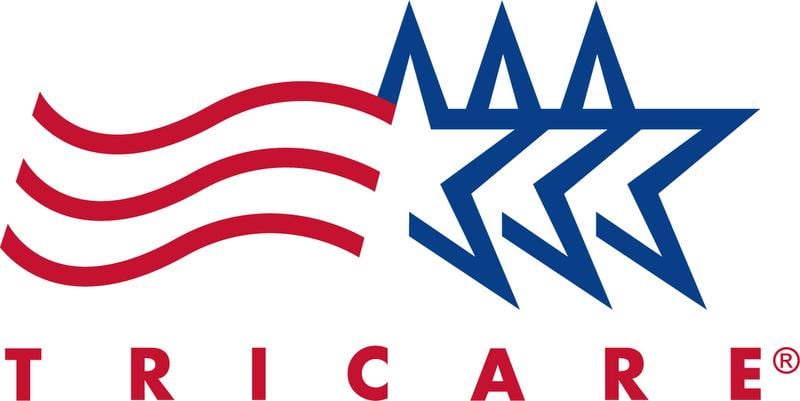Military families, including retiree families, will pay lower co-payments than previously announced for the new Tricare Select plan, according to a Friday announcement in the Federal Register.
Tricare Standard and Tricare Extra were replaced Monday by a single plan called Tricare Select. It’s a major part of the changes that have taken place in the reform of the Tricare benefit.
The Defense Health Agency announced the new co-payment schedule for calendar year 2018 and noted that some out-of-pocket costs will be announced later in the year, “as we define certain high-value medications and health care services that will result in lower out-of-pocket expenses for beneficiaries.”
For example, active-duty families in Tricare Select will pay $21 for a primary care outpatient visit, reduced from the previously announced $27. This co-pay applies to families of service members in uniform before Jan.1. Specialty care visits would require a $31 co-pay, reduced from the previously announced $34.
Working-age retirees and their families in Tricare Select will pay $28 for a primary care outpatient visit, reduced from the previously announced $35.
Last fall, Defense Department officials announced the Tricare Select co-pay schedule for active-duty families and retiree families, which allowed those who had entered the military before Jan. 1 to be “grandfathered” into the previous method for calculating co-pays. But while grandfathering usually allows a lower payment rate to continue despite a changing fee system, those currently in the system would pay higher co-pays than those entering the military after Jan. 1.
At the time it was announced, Defense Health officials said the co-payments for the grandfathered group are an average of what the beneficiaries now pay, while the co-payments for those coming into the military this year were set by law in the 2017 National Defense Authorization Act.
This new schedule of co-payments still sets co-pays of those already in service higher than those entering the military this year. For example, those coming into the military will pay a $15 co-payment for a primary care outpatient visit, compared with a $21 co-payment for those in uniform before Jan. 1.
The lowered co-payments were the result of work by veteran, military and family service organizations, according to a news release from the Veterans of Foreign Wars.
“The VFW is pleased that [Defense Health Agency] listened to our concerns and took a second look at their calculations,” VFW National Commander Keith Harman said in the announcement. “Many Tricare beneficiaries, especially junior enlisted families, live off fixed incomes or from paycheck to paycheck, so every reduction — especially in health care costs— can help make a big difference in household budgets and their overall quality of life.”
The Defense Health Agency calculated the co-payments of those grandfathered based on past costs, the release states, rather than using the percent-of-services-used model employed by the former Tricare Standard and Extra plans.
“This caused great concern in the military and veteran communities, because the flat-rate system increases costs for many military retirees enrolled in the plan, as well as the families of currently serving active-duty military,” according to the VFW announcement.
Karen has covered military families, quality of life and consumer issues for Military Times for more than 30 years, and is co-author of a chapter on media coverage of military families in the book "A Battle Plan for Supporting Military Families." She previously worked for newspapers in Guam, Norfolk, Jacksonville, Fla., and Athens, Ga.





